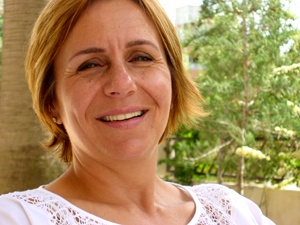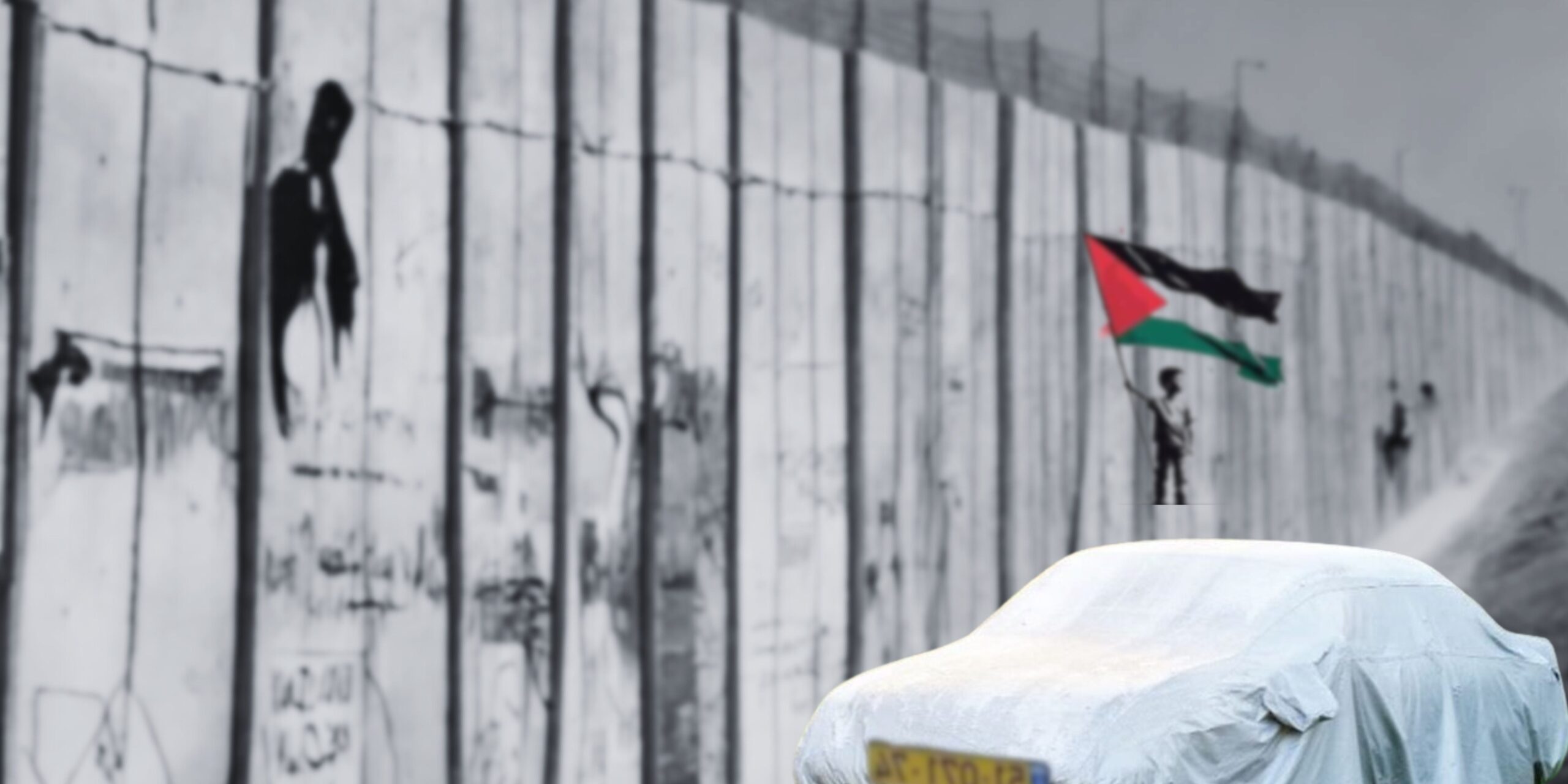Rana Sabbagh-Gargour The National The tradition of investigative journalism in the West is a long and honourable one, marked by exposures that have held governments to account and periodically obliged democratic societies to confront the frequently uncomfortable reality of the rhetoric of transparency and accountability. In the early 19th century, James Madison, one of the founding fathers of America and the country’s fourth president, declared that: “To the press alone, chequered as it is with abuses, the world is indebted for all the triumphs which have been gained by reason and humanity over error and oppression”. Thirty-three presidents later, his successor Richard Nixon fell victim to the ultimate exercise of the freedom of the press when a series of exposés in the American media, chiefly by Bob Woodward and Carl Bernstein of the Washington Post, linked him to the Watergate scandal and led to his resignation in 1974. American journalists have repeatedly held America to account, among them Seymour Hersh, the Pulitzer Prize-winning journalist, whose achievements range from his 1969 exposure of the My Lai massacre in Vietnam to his reports in 2004 that revealed the extent of the torture and abuse of prisoners held by the US at Abu Ghraib prison in Iraq. A society’s willingness to submit to such painful forensic examinations of its failings is, perhaps, a mark of its confidence and maturity. Those who make it their business to conduct them – the members of Thomas Carlyle’s Fourth Estate, which he immortalised in 1841 as scrutinising the three estates of parliament from the reporters’ gallery, and “more important far than they all” – earn nothing but society’s respect. Elsewhere in the world, investigative journalism requires more than dedication; it demands the courage to stand up to higher powers. In 2001, journalists from the Indian news website Tehelka mounted a sting operation, posing as arms dealers and exposing corruption that led to the resignation of senior members of the government and the armed forces. But they paid a price. On a series of pretexts, Tehelka’s offices were raided, a number of its journalists arrested and the site’s financial backers faced ruinous financial investigations. Nevertheless, millions of dollars have been spent on funding media development in countries in transition, by international donors who see the Fourth Estate as an important force in strengthening civil society and democratisation. The effort is starting to bear fruit in the Arab World – though less so in Iraq, Syria, Saudi Arabia and the Palestinian Territories, four of six Middle Eastern nations that have maintained their status as “champions of repression” for the second year running, according to the 2008 Reporters Without Borders world press freedom index. Iraq stands at 158th, followed by Syria, 159th, Saudi Arabia, 161st, and the Palestinian Territories, 163rd. At 61st, Kuwait topped the list of Arab countries with the greatest press freedom, followed by Lebanon, 66th, and the UAE, 69th. Pro-western Jordan saw its ranking slip to 128th from 122nd in 2007 and 109th in 2005 as a process of gradual political reform had to be rolled back because of regional political instability. Online repression remains common, according to the index. In Egypt, demonstrations launched online shook the capital and alarmed the government, which now regards every internet user as a potential danger. Syria remains the region’s worst offender in cyber-repression, according to the report. Internet surveillance is so thorough there that the least criticism posted online is sooner or later followed by an arrest. The Arab world, which mostly lacks parliamentary democratic systems, has a long way to go before in-depth reporting, designed to reach the truth – or even simply the facts, as best as they can be determined – becomes an integral facet of daily journalism. True investigative journalism involves professional reporting, informed by imaginative and original research to edge closer to a truth. But many of these techniques remain alien to Arab newsrooms across the board. The region also lacks other equally important factors; a reformed legal environment, a tradition of lively and competitive press – with a diversity of owners – and adequate public support for bold journalists willing to break social, political and religious taboos. Arab states, with the exception of Jordan, have not enacted laws guaranteeing the right to access public information. Even in Jordan, journalists complain that the latest legislation has too many taboos that are being used by government bureaucrats to block information. Nevertheless, beacons of enlightenment have emerged; last year, Sheikh Mohammed bin Rashid, Vice President of the UAE and Ruler of Dubai, announced that journalists would no longer face the threat of jail for carrying out their duties. Media students in the Arab world graduate with little practical experience. They join existing outlets where most editors-in-chief do not believe in the value of professional training, and where editors from older generations do not believe in passing on whatever expertise they have. Part of the problem is that few editors-in-chief are career journalists. Rather, they are state appointees with a mission to control the flow of information. The majority of the state-controlled Arab media pay low salaries, forcing good reporters to look for jobs abroad or to work for a number of other employers to make ends meet. In the process, they lose focus and steam, producing more quantity than quality. At the other end of the equation are well-connected individuals who have benefited from globalisation and have become publishers. Their concern is to make money, while slightly opening up their pages to other views, but they cannot be seen as pushing the envelope for fear of incurring the wrath of their masters. Despite this gloomy outlook, a few bold and brave journalists, who have decided to stick to their principles, are employing investigative techniques on varied issues of concern to their communities and steering clear of organised crime and endemic corruption. This is what the experience of Arab Reporters for Investigative Journalism (ARIJ) has shown since it launched a professional media training programme in Jordan, Syria and Lebanon in 2005. It is the only media support centre in the Arab world that is seeking to spread a culture of investigative journalism by providing professional training in investigative journalism, small grants and pre-publication legal screening to journalists who are passionate about telling a story but are frustrated by financial and other limitations. The project is the brainchild of a dozen Arab and foreign media activists and academics who met under the auspices of the Danish Media Strengthening Programme for the Arab World and Iran (2005-2009). Denmark provided seed money to cover administrative and training costs from 2005 to 2009 and now local and other international donors are following suit. This August, the Washington-based International Center For Journalists chose the network to run a six-month training programme for 30 Egyptian journalists and 10 mentors. Journalists in Bahrain, Palestine, Iraq and Yemen have also asked for help. More than 120 journalists have been trained by ARIJ in Syria, Jordan and Lebanon and some 45 fellows have produced well-documented investigations tackling issues of local importance, including the abuse of women and children, environmental issues and failing public services. And the scheme is paying dividends; in many cases, Arij fellows have encouraged officials to intervene to improve the problem they have exposed. In Jordan, the government closed down hundreds of shops selling shawarmah because the ARIJ investigator proved that workers were not adhering to hygiene rules and that officials were turning a blind eye. In Syria, the government formed a committee to look into six state hospitals where incinerators burning medical waste were found to have been operating at below the minimum temperature needed to ensure safe disposal and issuing pollutants into the atmosphere. This weekend, ARIJ is hosting the first Arab conference for investigative journalists from 12 Arab countries, which organisers hope will become an annual event. It is a rare opportunity for the 220 attendees to mix with and gain insights into the their craft from foreign media professionals from the US, Denmark, Sweden, Britain and the Philippines. Unco-operative and suspicious officials, combined with a lack of public information and reliable statistics, will continue to hamper the emergence of social and political truths in the Arab media. But now, at least, a new generation of journalists is dedicated to assuming the role of the Fourth Estate in the Arab world. http://www.thenational.ae/article/20081129/WEEKENDER/593337739 Rana Sabbagh, the executive director of Arij, was editor-in-chief of the Jordan Times








